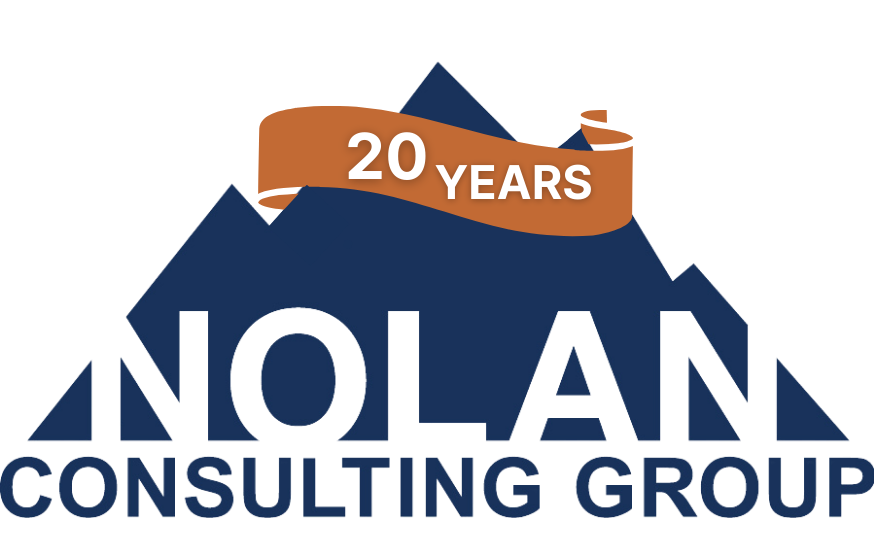Capitalism is the Greatest Business Force the World Has Ever Known

That’s a bold statement! If I didn’t believe it, I wouldn’t be a business owner. Here’s the main reason: from the very beginning, a company exists to add value. Painting, manufacturing, internet search, whatever it is, if the company is going to succeed, then the sum must be greater than the individual parts. The sum must add value for customers, employees, vendors, and the community. If it does not add value to all of those stakeholders, it probably won’t be sustainable or won’t go very far.
For example, think about companies like Southwest Airlines, Whole Foods, and Google. These companies have made it. They are the leaders in their industries and they practice Conscience Capitalism. These companies are the preferred places to do business and preferred places to work.
Summit’s primary mission is to help small business owners build this kind of business. It’s a company that wants to go somewhere; to add value for all its stakeholders. I recently read a great book titled, “Conscious Capitalism,” that got me fired up about this. We would say that conscious capitalism is, the “Next Level.” I would highly recommend reading it. You can visit their website here: https://www.consciouscapitalism.org
Here’s a quote that I love from Ed Freeman, Darden School of Management Professor and Conscious Capitalism, Inc trustee, “We need red blood cells to live, the same way a business needs profits to live. But the purpose of life is more than to make red blood cells, the same way the purpose of business is more than simply to generate profits.”
So how do I start building a “Next Level” business?
The first place to start is documenting what you want and then get busy communicating it. One of the most common phrases heard around Summit is, “If you are not constantly communicating the company culture to your employees, then someone else in your company probably is.” The result is lots of little sub-cultures and fiefdoms. These sub-cultures will often be at odds with your vision for the company.
Below are four different areas you must have documented in your company. To a more practical type of person, these things may seem secondary. But I promise you, they do have a practical purpose. They define how it is you want your company to be every day. They define “Why.” As in, “Why am I busting my chops working for this guy.”
Remember, achieving a growing, profitable business means getting other people to do what you want them to do because they want to do it. All of your stakeholders need to know where they are going. As work gets busy and we get bogged down in the day-to-day minutia, it’s important to stop and revisit the items below.
Have a mission. That is, a reason you get out of bed. All great companies have a mission. If you don’t have a mission, spend some time with your top people to make one. Then spread the message.
Determine your values. Have a discussion with all your team about what your values are and what there’s are. Make sure you are all on the same page. We have a sheet with 100 recognized values on it. We ask everyone in the company to rank there top three. Then we look for commonalities and have a discussion about them. Most important your people will understand what is important to you.
One of my values is Happiness. That means I try to give a little more than people expect – to add value. Ultimately, this makes everyone happy. I want to be treated that way and treat others in a positive way- even when the topic is tough. I want my employees to treat my customers that way.
Make a plan for community involvement. What separates the best communities from the not so great ones is the extent that people and business give back. People value lots of things more than money. This includes time, love and fellowship. Give back and you’ll see the results in loyal customers that don’t beat you upon price. This doesn’t mean just donate money. This means get out there and lend a hand to causes you and your people are passionate about, and on a regular basis.
Be a “best place” to work. Look to provide as much as you can to your employees and they will reward you with better productivity and customer service. Happy employees are more productive employees. More productive employees make a more profitable business. There are annual contests in your city or state that measure you against other businesses. We have put together a list of 20 questions that help us determine whether our people are happy. Questions like: True or false: I feel like I am part of a team. Or I am valued as an employee.
Through the process of developing the information above, you are going to learn a ton. Some you will be pleased with, some you might not. When you encounter things you don’t like, act to improve it. Show the company’s stakeholders you mean business and you’re dedicated to long-term success. The most important part of becoming a “Next Level,” business is you, the leader. Never stop learning or trying to become better. And always give a little more than you take.
All the best,
Kevin
